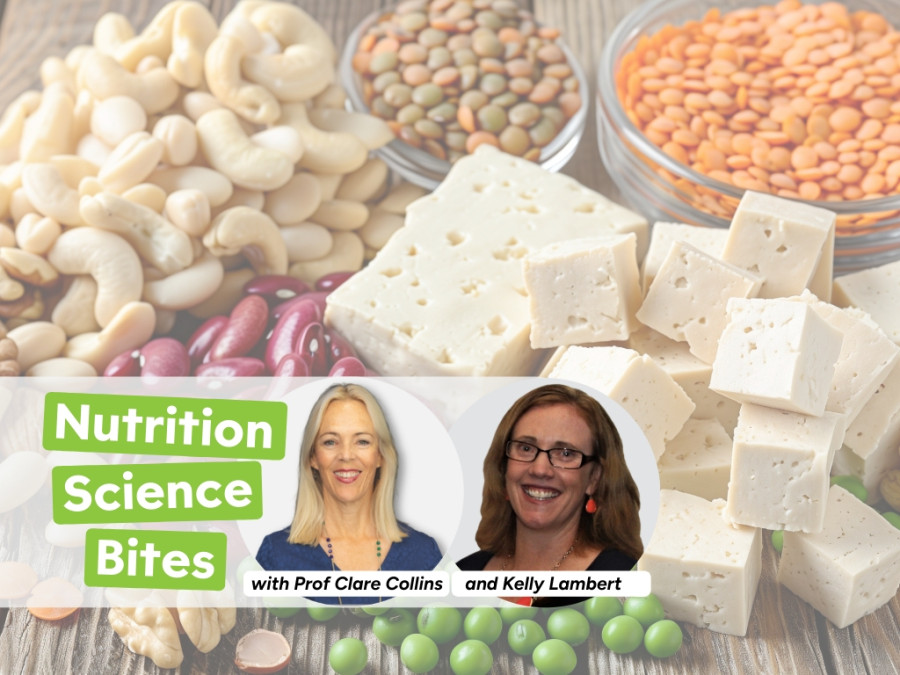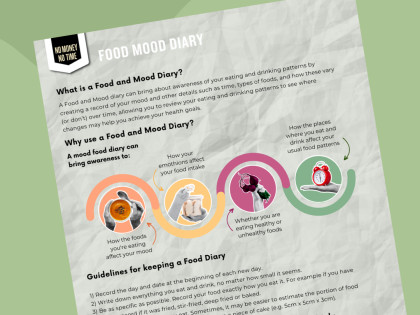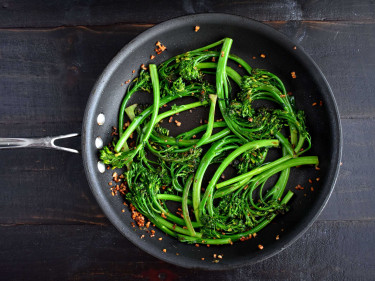In this conversation, Professor Clare Collins speaks with Associate Professor Kelly Lambert about the increasing prevalence of kidney disease, the risk factors, like high blood pressure and diabetes, and the importance of nutrition in managing kidney health. They discuss chronic kidney disease, the significance of protein in urine, blood tests for kidney function, the role of medications and the important role of nutrition for kidney health.
A/Prof Kelly emphasises the benefits of plant-based diets and how they help improve the microbiome and also reduce the production of toxins by gut microbes that can damage the kidneys. They discuss how dietary recommendations for kidney disease vary by stage and focus on managing other health condition as well and how plant-based diets can help manage kidney disease and improve overall health. They also cover acid-base balance and the double-edged sword of potassium because both are affected by diet and impact on kidney function. A/Prof Lambert highlights the need for regular nutrition reviews to help people with kidney disease adapt to any changes in their kidney function and health conditions in order to optimise kidney health and wellbeing.
Medicine Today Diabetic kidney disease: the four pillars of therapy
Try Kelly's Baked Marinated Chicken recipe
To access the Healthy Eating Quiz: Click on the top right hand 'green button' called 'How healthy is my diet'
Want a more Personalised Food, Nutrient Assessment Report? Use our Australian Eating Survey - For a 50% discount enter the 'DietCheck' code at the checkout! Purchase here
Here's the link to the No Money No Time closed Facebook group (be sure to take the Healthy Eating Quiz first)
Our No Money No Time email: nmnt@newcastle.edu.au and our
Nutrition Science Bites email: nutritionsciencebites@newcastle.edu.au
Are you in a position to make donation to support our No Money No Time website? Donate here













